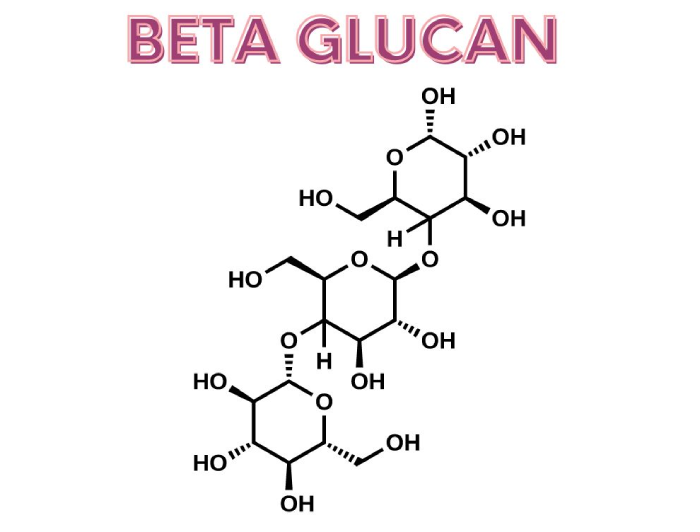ASA Rulings Highlight Importance of Compliance in Supplement Marketing
The UK’s Advertising Standards Authority (ASA) has recently issued rulings against Vivostore (trading as Vivo Life) and Ovira for making unsubstantiated claims about vitamin B12 and weight loss products. These decisions, which span across social media platforms TikTok and Meta, underscore the need for strict adherence to advertising regulations in the dietary supplement industry.
Katia Merten-Lentz, a partner at Food Law Science & Partners, emphasized that these rulings serve as a reminder to the supplement industry about the fundamental regulations governing their sector. She noted that the principles applied to physical advertising are equally applicable to online communications.
In the case of Vivostore, the ASA banned two TikTok advertisements promoting B12 droplets. Content creators Ashley Osbourne and @Karincreations made claims suggesting the product could replace B12 injections and improve mood and energy levels. The ASA ruled that these ads violated regulations by implying the product could treat vitamin B12 deficiency and discourage proper medical treatment.
The ASA also took issue with exaggerated health claims that went beyond those authorized on the GB Nutrition and Health Claims Register. For instance, statements about improved mood and energy were deemed to overstate the approved claims that B12 “contributes to normal energy-yielding metabolism” and “contributes to normal psychological function.”
Ovira faced similar scrutiny for its “Curb Crave” supplement advertisements on Meta. The ads made unauthorized claims about appetite suppression, fat burning, and specific weight loss percentages. They also suggested medicinal effects for conditions like PCOS and menopause-related weight gain, which are not permitted for food supplements.
Both companies were instructed to remove the offending ads and ensure future marketing materials comply with UK advertising rules. Ovira acknowledged that their global campaign had not been adapted to meet UK regulations and committed to reviewing their practices.
Merten-Lentz highlighted the challenges faced by food supplement marketers, noting that authorized health claims are difficult to obtain, leading some companies to push the boundaries of acceptable advertising. She stressed the importance of adapting marketing strategies to comply with local regulations in each country where products are advertised.
Commentary by SuppBase columnist Alice Winters:

The recent ASA rulings against Vivostore and Ovira serve as a stark reminder of the fine line supplement companies must walk when marketing their products. These cases highlight several critical issues in the industry that deserve closer examination.
Firstly, the use of influencers and content creators in supplement marketing has become a double-edged sword. While they can effectively reach target audiences, their lack of scientific expertise can lead to exaggerated or misleading claims. Companies must exercise stringent oversight of influencer content to ensure compliance with regulations.
The Vivostore case, in particular, raises concerns about the potential dangers of encouraging consumers to forgo prescribed medical treatments in favor of over-the-counter supplements. This not only violates advertising standards but also poses significant health risks to vulnerable individuals.
The Ovira rulings underscore the persistent problem of weight loss claims in the supplement industry. Despite clear regulations prohibiting specific weight loss promises and references to medical conditions, many companies continue to push these boundaries. This not only misleads consumers but also undermines the credibility of the entire supplement sector.
Moreover, these cases reveal a troubling lack of awareness or disregard for country-specific regulations among global supplement brands. As the industry becomes increasingly international, companies must invest in localized compliance strategies to avoid running afoul of regional authorities.
In conclusion, these ASA rulings should serve as a wake-up call for the supplement industry. Companies must prioritize regulatory compliance, scientific accuracy, and consumer safety over marketing hype. Only by adhering to these principles can the industry maintain its integrity and the trust of consumers in an increasingly scrutinized marketplace.



